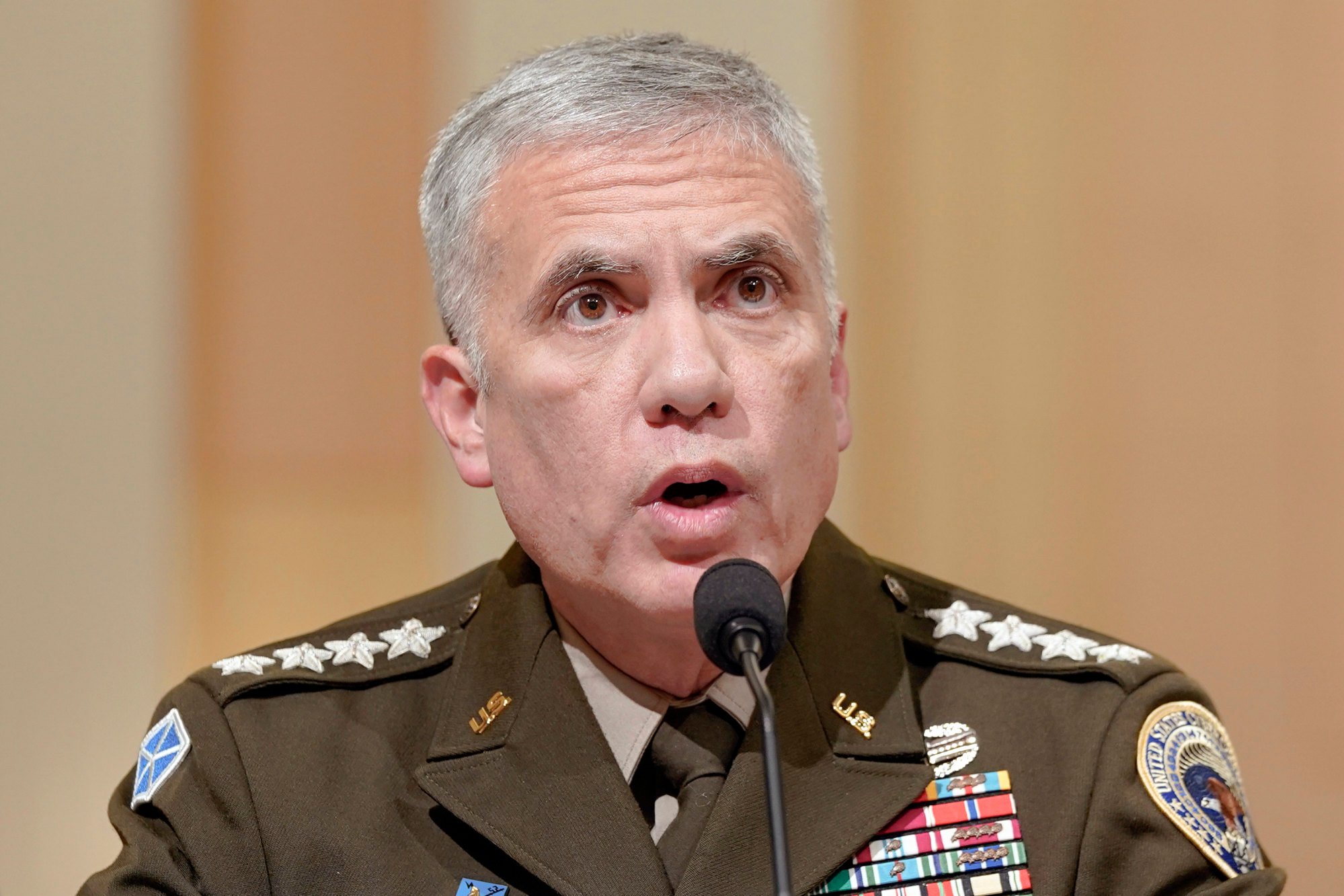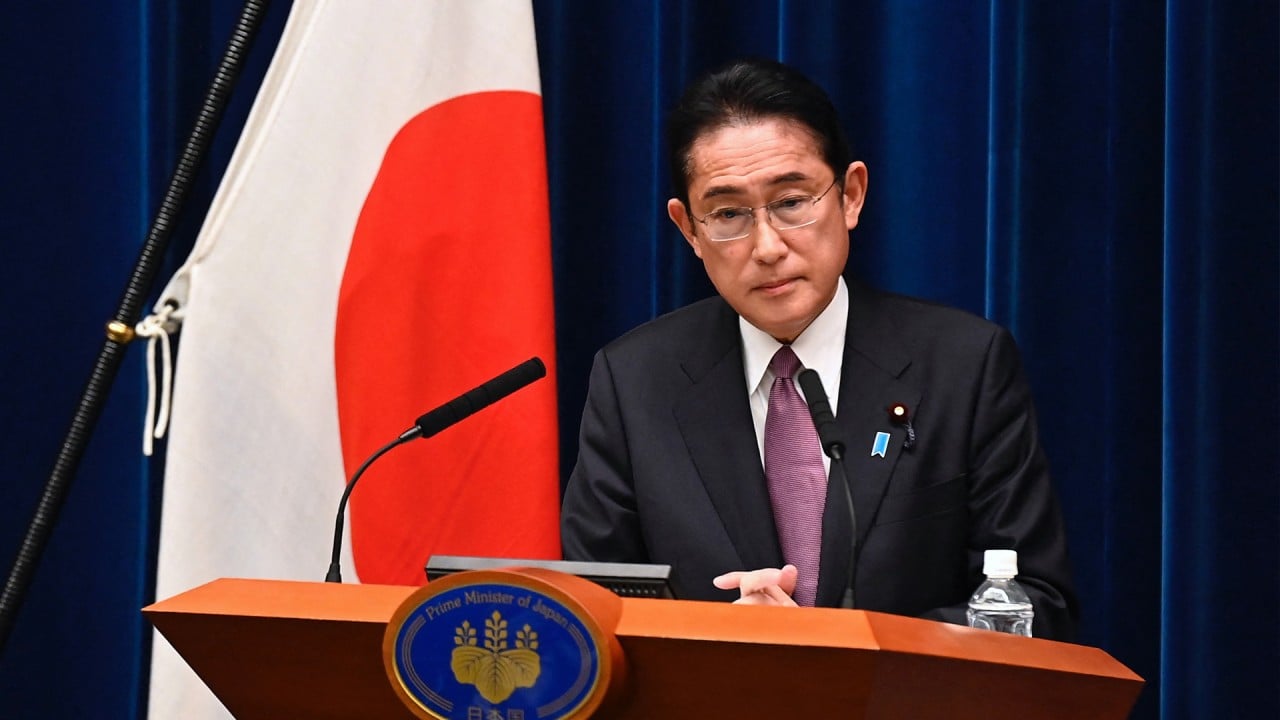
Japan risks losing trust of US, other allies over its ‘serious’ cybersecurity flaws, minister warns
- Tokyo first found out about its cybersecurity weaknesses in 2020 when the US warned some Japanese cables had been breached by Chinese hackers
- The government’s lack of urgency in solving the issue risks eroding trust with its Five Eyes allies, Japan’s foreign minister says
Japan’s foreign minister has called for urgent action to bolster national cybersecurity following alerts from Washington that Tokyo’s lax defences are giving Beijing access to sensitive diplomatic communications, an issue that risks eroding trust with allies who may no longer trust the Japanese government with their secrets.
“Enhancing our capabilities to address cybersecurity is a very serious matter,” she added.

The US government warned Tokyo that computer networks linking government ministries and diplomatic missions overseas had been breached by Chinese hackers. Japan was apparently not aware of the breach until informed by the US, which declined to provide information on how it learned of the attacks.
The fact that the NSA’s chief travelled to Tokyo in 2020 to communicate Washington’s concerns underlined the scale of the problem, experts said, as well as alarm that confidential data that the US was sharing with Japan was being leaked to China.
Tokyo subsequently agreed to solve vulnerabilities in its computer communications at five critical government agencies: the foreign and defence ministries, the National Police Agency, the Public Security Intelligence Agency and the Cabinet Intelligence and Research Office.
The Japanese government has remained tight-lipped on the measures it has implemented to combat cyberattacks, which could originate in Russia and North Korea as well as China, but Kamikawa’s comments indicate that the problem has not been solved.
Japan top general warns with ‘jarring bluntness’ country’s security is at stake
The improvements have been shared with the US, although the Yomiuri quoted a US official as saying that Japan’s measures had been “too little, too late”.
“This is not a new issue, it has been going on for some years now, and it is clear that Japan is behind where it should be on cybersecurity,” said Ryo Hinata-Yamaguchi, an assistant professor of international relations at the University of Tokyo.
“And it goes beyond the compromise of communications with allies on defence issues and our diplomatic messages,” he said. “Japan has to think about how this is pulling the country down with its allies, as those countries are not going to be comfortable sharing sensitive data with Japan if they think it is going to be compromised.”
He admitted, however, that a clause in Japan’s constitution that guarantees “secrecy of any means of communication” would prove to be a roadblock to new legislation. Any new law needs to address the issue of how electronic records can be obtained, as well as the range of information that is covered in a request for access. That would require alterations to a number of laws.
“The prime minister and foreign minister are both calling for solutions and no one is disagreeing that there is an issue that needs to be urgently addressed, but we must also realise it can be difficult to keep up with the changing threats posed by cyberattacks and their increasing sophistication,” Hinata-Yamaguchi said.
“And that is a problem because Japan very much wants to be part of the ‘Five Eyes’ intelligence-sharing alliance and to have closer ties with the US and Nato, but that is going to be difficult when there is the fear that any intelligence shared with Japan could quickly be compromised,” he added.


